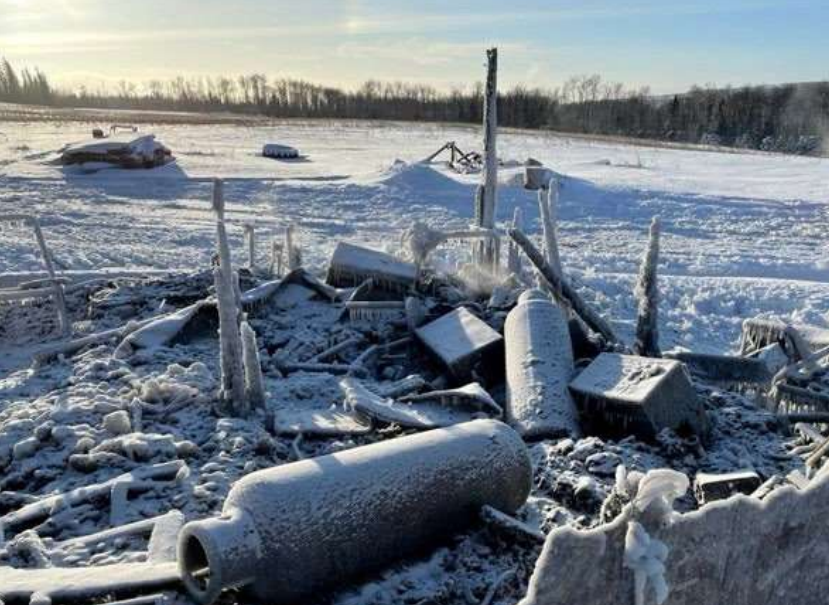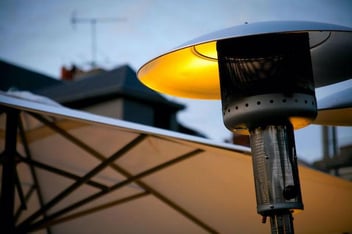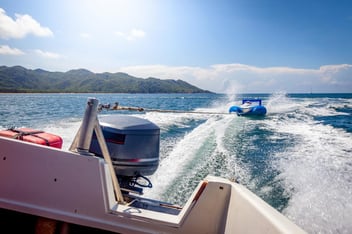Heat domes, atmospheric rivers, wildfires, and floods are becoming more and more common in BC, and will continue to occur more frequently in the future. These extreme weather events are having major impacts on our technical systems and as a result we investigate more climate-related incidents each year. By looking back and analyzing incidents that involved extreme weather, we can learn how to continue upholding safety in our province by proactively managing safety risks.
Below are two examples of climate-related incidents as well as some key learnings on how we can prevent them from reoccurring.
Extreme Heat and Overloading of the Main Service Switch
In August 2021, the main service switch in a commercial building was loaded to over 80 percent of its capacity, causing the internal components to overheat and melt. It is suspected that the incremental addition of air conditioning equipment played a role in this overload. This is likely related to the warmer summers and reoccurring heat waves we have been experiencing in the province. This incident occurred shortly after the unprecedented Western North America Heat Dome.
Installation of space cooling equipment can be essential to avoiding the effects of extreme heat. The good news is these systems can be installed safely without risk of overloading the electrical service by having a professional examine the system and perform preventative maintenance to monitor for signs of potential overload. Read more about this incident and see below for key learnings and safety guidance on installing large appliances such as air conditioning units.
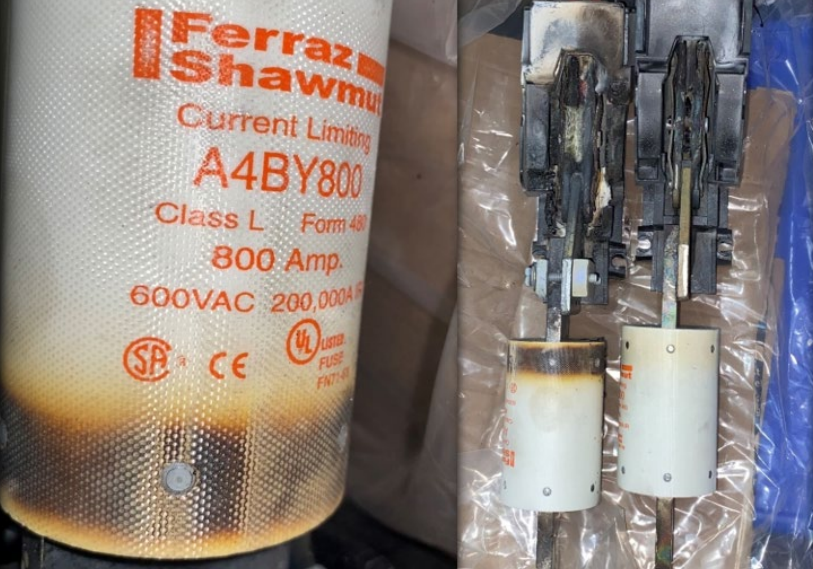
Extreme Cold and Propane Leakage in a Residence Leading to an Explosion and Fire
In January 2022, during an unprecedented stretch of extreme cold weather of down to –37 degrees Celsius, a tank mounted heater and two 100-pound propane cylinders were brought inside a residence and used for supplementary heating. A leak from one of the propane cylinders inside of the residence caused an explosion and fire. When used and handled correctly, propane is not an inherently dangerous fuel. In this case this type of heating device was not safely used indoors, was poorly maintained, and had a leak. As we experience more of these extreme weather events it is important to retrofit your home with heating devices appropriate and safe for your space. Heat pumps can be a great option as they provide heating in the winter as well as cooling in the summer and are very energy efficient. Read more about this incident and see below for key learnings and safety guidance on propane fueled appliances.
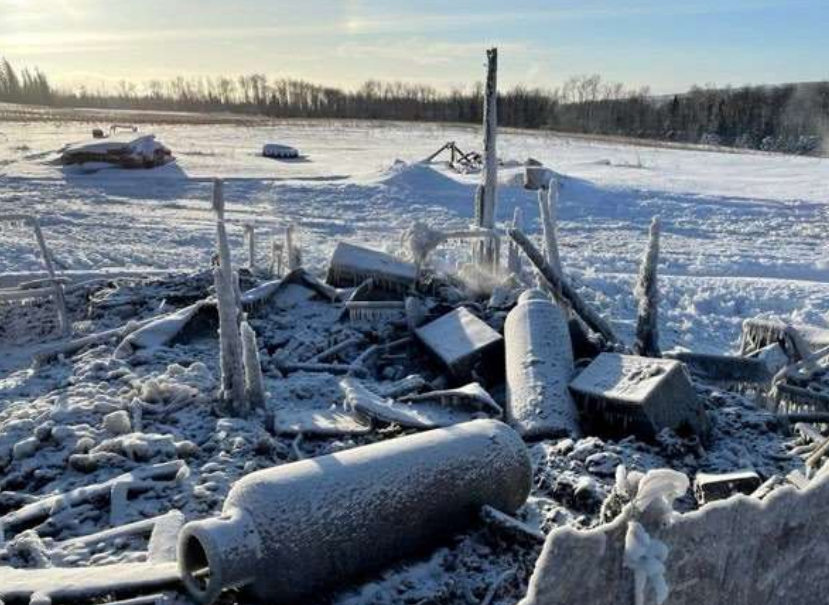
Key Takeaways:
-
Conduct proper maintenance
Some electrical components require maintenance. Make sure to have these components maintained by a licensed contractor to help prevent high resistance connections and overheating damage. Preventative maintenance methods for service switches may include periodic physical examination, termination tightening, and thermographic heat scans. -
Hire qualified individuals
When using or adding heat pumps or air conditioning units, have electrical systems examined by qualified individuals to ensure adequate sizing and capacity to safely supply the required power.
-
Install and use appliances as per manufacturer's instructions.
Use and store propane gas cylinders safely as per the manufacturer’s label and guidelines. Connecting and disconnecting cylinders should only be done in a well-ventilated area with no sources of ignition nearby.
Only use heaters that are approved for indoor use and follow the manufacturer’s instructions for safe operation. Incase of gas-fired heaters, ensure adequate airflow is available for proper combustion and always use a carbon monoxide (CO) sensor alarm.
As the environment around us continues to change, it is important we learn how to assess and manage safety risks to our technical system. Learn more about our incidents.

